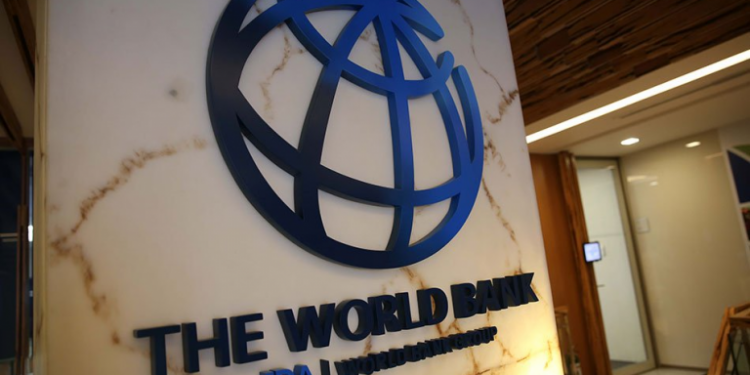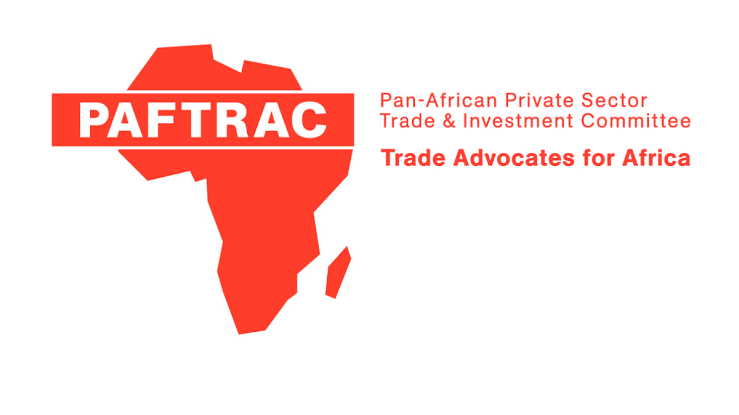The World Bank has called on Nigeria to lift restrictions on food and fertilizer imports and align its trade policies with the Economic Community of West African States (ECOWAS) Common External Tariff. This recommendation was made in the latest Nigeria Development Update (NDU) report, which also praised recent reforms in the country’s energy and foreign exchange (FX) sectors.
The report emphasized that while Nigeria has taken positive steps, such as removing the FX ban on 43 items and introducing a single window trade portal, more needs to be done. The global lender suggested that Nigeria follow up on these reforms by lifting the bans on food, fertilizer, and other imports, and by improving tariff transparency and reducing non-tariff barriers.
World Bank’s Recommendations
The World Bank highlighted the need for long-term reforms aimed at improving Nigeria’s trade environment. These include enhancing risk management, auditing processes, and streamlining trade facilitation. Additionally, the bank advised Nigeria to align its import tariffs with the ECOWAS Common External Tariff to ensure a more consistent trade policy within the region.
“The removal of the FX ban on 43 product lines and the temporary removal of tariffs on food products are positive initial steps. However, further actions are necessary to remove import bans on food, fertilizers, and cleaning products, as well as aligning tariffs with ECOWAS standards,” the report stated.
Strengthening Nigeria’s FX Market
The World Bank also stressed the need for Nigeria’s Central Bank (CBN) to continue deepening the official FX market. It recommended facilitating formal remittance inflows and allowing international oil companies to channel their FX sales through the official market. Restoring access for bureaux de change and avoiding ad-hoc FX auctions would further stabilize the market.
By granting market participants more flexibility in FX trading, the bank believes Nigeria can enhance the depth of its foreign exchange market, fostering a more transparent and accessible system for traders and businesses.
Current Trade Restrictions in Nigeria
Nigeria has long imposed significant restrictions on various imports, including food products like rice and textiles, through both tariffs and outright bans. The previous administration of the CBN, under Godwin Emefiele, restricted access to FX for the importation of 43 items. However, in October, the CBN lifted the FX ban on these items, marking a significant shift in policy aimed at addressing the country’s ongoing foreign exchange crisis.
Despite this, some of the items remain on the customs ban list, creating uncertainty over their eligibility for FX funding. According to the CBN, Nigeria lost around $1.4 billion between 2015 and 2019 due to these restrictions.
The World Bank’s latest recommendations aim to build on Nigeria’s recent reforms and encourage a more open and efficient trade system, particularly for MSMEs in Africa that rely on imports for their operations.










